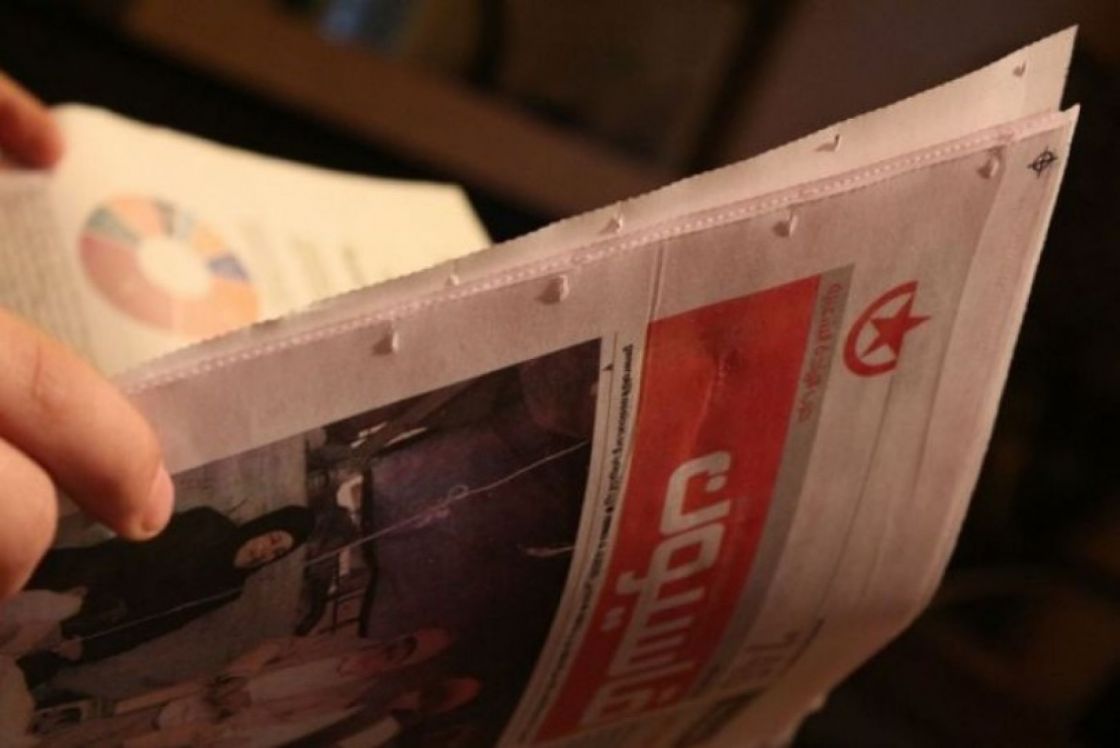- Editorials
- Posted
Between Old and New
One of the most prominent characteristics of a major crisis in history, like the crisis we are experiencing now, is that it usually marks the beginning of a new stage of development of human society – a stage in which “inertia forces” become an obstacle to the necessities of the objective reality, and the road opens for new forces. In other words, it is the time for the old political space to die, and for a new political space to be born on the ruins of the old.
In the world of today, this process is no longer a mere political prophecy, nor is it a viewpoint of some political faction, but rather became an indisputable reality, an axiom that manifest itself on the international level, and inside each country, depending on its particularities, conditions, and level of development.
Deepening of divisions inside the U.S. administration, and exacerbation of disagreements with its traditional allies, and decline of its system’s abilities to hold control, besides the progress in the role of the rising forces (Russia – China) – all these facts prove the rightness of the above axiom, and its concretisation on the international level. At the same time, they prove that the effects of this process will involve all countries of the world, with no exception, and Syria is included of course, considering the high level of interconnection and engagement in international relations, on the one hand, and the degree of internationalization of the Syrian crisis, on the other.
The progress of political solution, and the consensus around it as the only choice to solve the Syrian crisis, is in fact one of the many manifestations of the new international balance, and of the new political space which this new balance brought out. Therefore, it is quite natural, that Syria will be the first country to witness the formation and crystallization of its new political space, after the old had exhausted himself, whether because of this old has by itself initiated the prerequisites of the crisis, or because of its mode of management of the crisis through the last six years.
The new political space which is forming in the country, lies outside the phenomenal distorted classifications and divisions. The new political space does not mean the “regime” alone, nor the “opposition” alone, but rather means a new real partisanship, based on the position toward the comprehensive radical democratic national change, of which the political solution, in line with UN resolution 2254, forms an indispensable necessity. As a result, the future role of any political force in Syria, including the very existence, or non-existence, of that force, on the Syrian political map, is such a future that is determined by the position of the given force toward the political solution, regardless of the currently explicit partisanship. This also applies to some forces that classify themselves as opposition, because in their program and practice and behavior, they actually belong to the old political space, trying hopelessly to play a blocking role in the face of objectively unavoidable obligations. They are doing so by attempts to confuse the political solution and disturb the serious active forces involved in it. In addition, the boundary between old and new is not determined by the temporal age of this or that force (i.e. how many years old it is), but by how much the practical and political positions of the force in question are in line with the historical obligations on the agenda. The new is being born, in spite of labor pains. All forces are facing a historical challenge today: either to enter history or exit from it.
Kassioun Editorial, Issue No 822, August 05, 2017.


